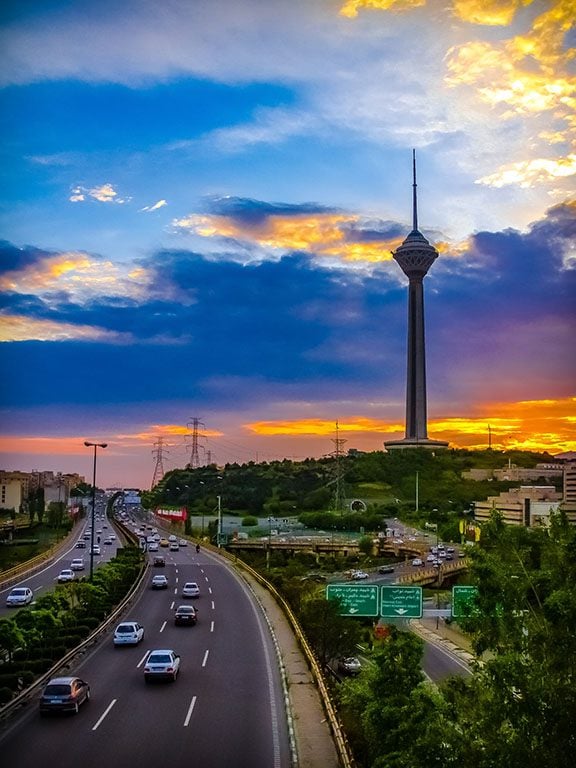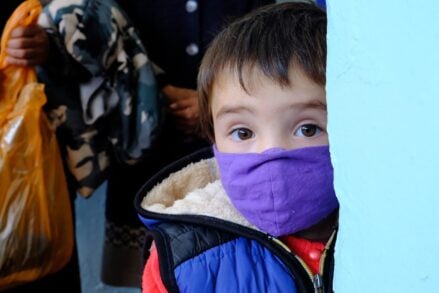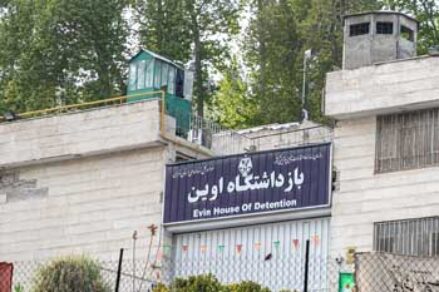“Recent reports indicate that the COVID-19 virus has spread inside Iranian prisons,” Javaid Rehman, the U.N. special rapporteur on human rights in Iran, said in Geneva.
The immediate release freed an estimated 70,000 prisoners, including six Christians. However at least 11 believers serving longer-term, security-related sentences will remain imprisoned. That includes Christians like Nasser-Navard Gol-tepeh who has been sentenced to 10 years for “crimes against national security.”
Article18 reported the Christians who remain in prison are serving longer sentences on security-related charges, even though one family member of a security prisoner noted that the virus is “unaware of [the length of] sentences when it infects people.”
Also known to be still in detention in Iran on charges related to the peaceful practice of their faith are nine Christian converts from the northern city of Rasht: Abdolreza Ali Haghnejad, Shahrooz Eslamdoost, Behnam Akhlaghi, Babak Hosseinzadeh, Mehdi Khatibi, Khalil Dehghanpour, Hossein Kadivar, Kamal Naamanian and Mohammed Vafada.. Their five-year prison sentences were recently upheld, even though neither they, nor their lawyers, were permitted to attend the hearing. Five of the men are among the at least 11 Christians. They were arrested during raids on their homes and house churches.
Christian activist Mary (Fatemeh) Mohammadi was among the prisoners recently granted temporary leave from Qarchak women’s prison. In detention, she was severely tortured and beaten so badly that the bruises were still visible on her body three weeks later.
On Facebook, Mary wrote that the date of her court hearing has been rescheduled for Tuesday, April 14, 2020. “What a haste for sentencing during the #coronavirus crisis especially in jails!,” she writes. “Putting people in prison should be considered a big crime against humanity!”
Rehman welcomed the reported release of tens of thousands of prisoners on short-term leave to combat the spread of the virus, but called on the Iranian authorities to also release prisoners on longer-term, security-related sentences.




